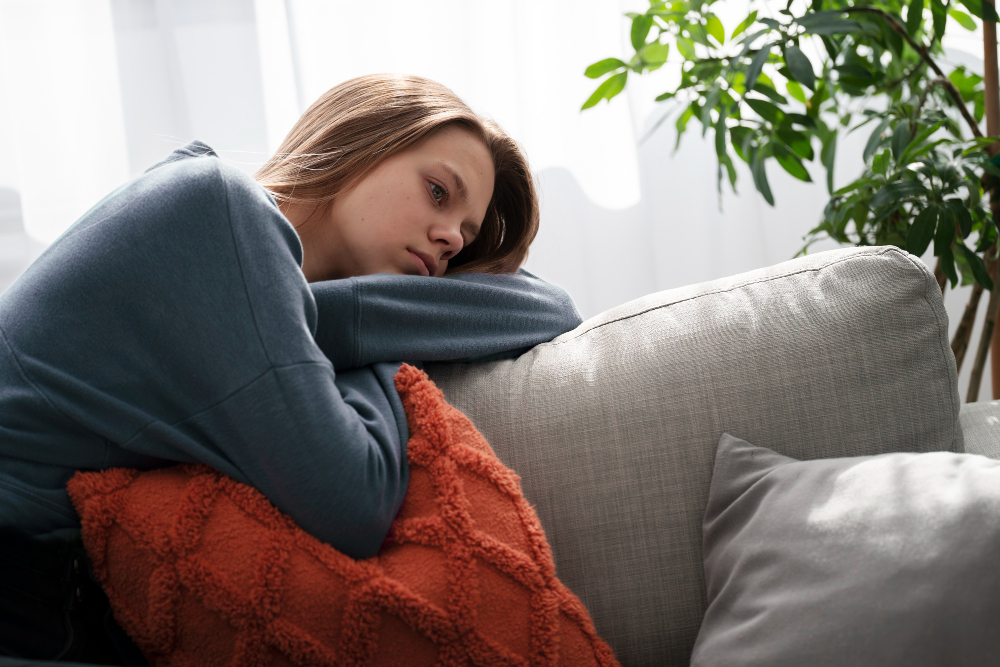Coping Strategies for Seasonal Affective Disorder

As the chilly winter months set in, some of us may experience a shift in mood towards feeling low, lethargic, and lacking energy. This can often be attributed to seasonal affective disorder (SAD), a type of depression that is triggered by the change in seasons. While the causes of SAD are still widely debated, what is known is that its symptoms can significantly impact a person's well-being. Coping with SAD can be challenging, but with the right techniques, it can be managed and overcome. In this blog, we'll explore some coping strategies that can help alleviate SAD symptoms.
Let There Be Light
One of the most effective ways to combat SAD symptoms is through light therapy, also known as phototherapy. Light therapy involves exposing oneself to artificial light that simulates natural outdoor light. This therapy helps to regulate the body's internal clock (circadian rhythm), which is often disrupted during the winter months. It is recommended that light therapy be done early in the morning to help reset the body's circadian rhythm. There are a variety of light therapy lamps available on the market, make sure you choose one that is specifically designed for SAD treatment.
Get Moving
Exercise has been shown to be a natural mood booster and is an effective way to combat SAD. Exercise releases endorphins, which are natural chemicals that make us feel good. Regular physical activities such as jogging, cycling, or yoga can help manage SAD symptoms. It's essential to schedule in regular exercise, and it's important to pick an activity that you enjoy to make it easier to stick to.
Connect With Others
Social isolation can exacerbate SAD symptoms. Therefore, it's important to connect with others, whether it's family, friends, or a therapist. Spending time with others can be a mood booster and can help alleviate feelings of loneliness. If connecting with others face to face isn't possible, consider staying in touch with loved ones through a phone or video call.
Practice Relaxation Techniques
SAD can cause feelings of anxiety, which can exacerbate symptoms. Therefore, practicing relaxation techniques can help manage SAD symptoms. Relaxation techniques such as deep breathing exercises, yoga, or meditation can help calm the mind, reduce anxiety, and promote relaxation.
Seek Professional Help
In some cases, SAD may require professional intervention. A therapist can help explore strategies tailored to your specific needs. If you're struggling to cope with SAD, seeking professional help is an essential step in moving towards recovery.
Conclusion
While coping with SAD can be challenging, it is important to remember that there are effective coping strategies available to manage its symptoms. Light therapy, exercise, connecting with others, practicing relaxation techniques, and seeking professional help are some of the effective ways to manage SAD. If you're experiencing SAD symptoms, it's crucial to take action and seek the support you need. Don't let SAD get the best of you; through taking small positive steps, you can cope and overcome it successfully. If you're looking for a mental health therapy in Winter Park, FL, contact Orlando Thrive Therapy today for more information.
